For the second time in recent months, the results of a study testing samples of salmon collected in British Columbia has shown alleged evidence of the lethal salmon virus, Infectious Salmon Anemia (ISA). Results released late last year, from a study at Simon Fraser University, showed evidence of ISA in two wild sockeye salmon collected from the waters of Rivers Inlet, British Columbia. Most recently, results of a tests at Canada's Pacific Biological Station were made public at an evidentiary hearing at the Cohen Commission in Vancouver and reported by the The Westerly. As detailed by the station's head of molecular genetics, Dr. Kristi Miller, test results indicate that ISA - or a variation of it - is present in British Columbia salmon.
The test conducted by the Pacific Biological Station inspected samples of Chinook salmon from farming operations in B.C., which exhibited evidence of the ISA virus. In fact, Dr. Miller indicated that 25% of all samples tested positive for ISA. Dr. Miller also indicated that ISA-positive samples from 1986 were also detected by the test, indicating that ISA has been present in B.C. waters for over 25 years.
Concerned organizations and citizens are alarmed, but with relatively little conclusive information to grasp on to. Despite the alarming sound of Dr. Miller's results, the implications may not be as clear cut as they sound. Salmon farming proponents urge that the test results are preliminary and that the detection of ISA is limited to DNA fragments that may or may not be evidence of ISA in British Columbia salmon. Additionally, scientists have stated that they are uncertain how Pacific salmon species are affected by ISA (which is known to wreak havoc on Atlantic salmon species). The possibility exists that Pacific salmon species may be less or unaffected by ISA.
Detractors of the results of these recent studies and the way they are being publicized in the media aren't afraid to speak up. In a letter to the Burnaby News Leader, Campbell River salmon farmer Ian Miller wrote, "this science, discussed last month at the Cohen Commission’s Fraser Sockeye Salmon Inquiry, is looking at salmon health and a lot more research is required ... there has not been an “outbreak” of any new fish disease in B.C salmon. In fact, the Canadian Food Inspection Agency (CFIA) has stated that over 7,000 samples of wild, hatchery and farmed salmon have been tested to international standards and confirm no ISA virus."
In December, the CFIA collaborated with the province of British Columbia in conducting tests for ISA in B.C. waters. Subsequently, the Department of Fisheries and Oceans and the CFIA stated there were no confirmed cases of the virus in wild or farmed salmon in the province.




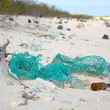
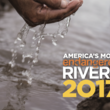
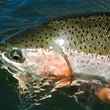
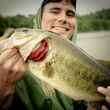

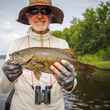
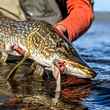
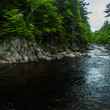
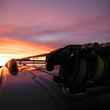

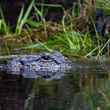

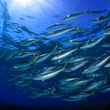
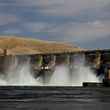

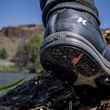
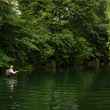
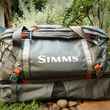
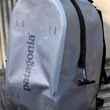


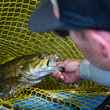
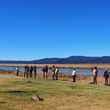
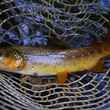
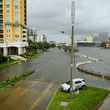


Comments
DC Reid replied on Permalink
The BC system for testing farmed salmon for ISA was shown to be invalid. Kristi Miller testified that the Gary Marty system said it was using one PCR test when it was not. This renders all of the 4,726 negative tests for ISA incorrect.
The BC fish farmers are overlooking this testimony. ISA, sadly, is in BC. And in Clayoquot this means more than 100,000 sick and dying fish per farm.
The BC system is incorrect. And DFO and its Moncton lab were shown by the experts Miller, Kibenge and Nylund not to have represented the results truthfully and the Moncton lab - which actually reached an inconclusive result - could not reach a positive result because they are not up to the standard of the international level labs.
CFIA who didn't test anything simply treated the ISA result as a PR exercise when they should have done testing which they have not done. ISA is in BC. Read the Cohen transcripts.
Oh and Kibenge showed in 2001 that farmed coho were all killed in Chile when Atlantic farms nearby were not affected. Google: ISA in Chile.
Pages